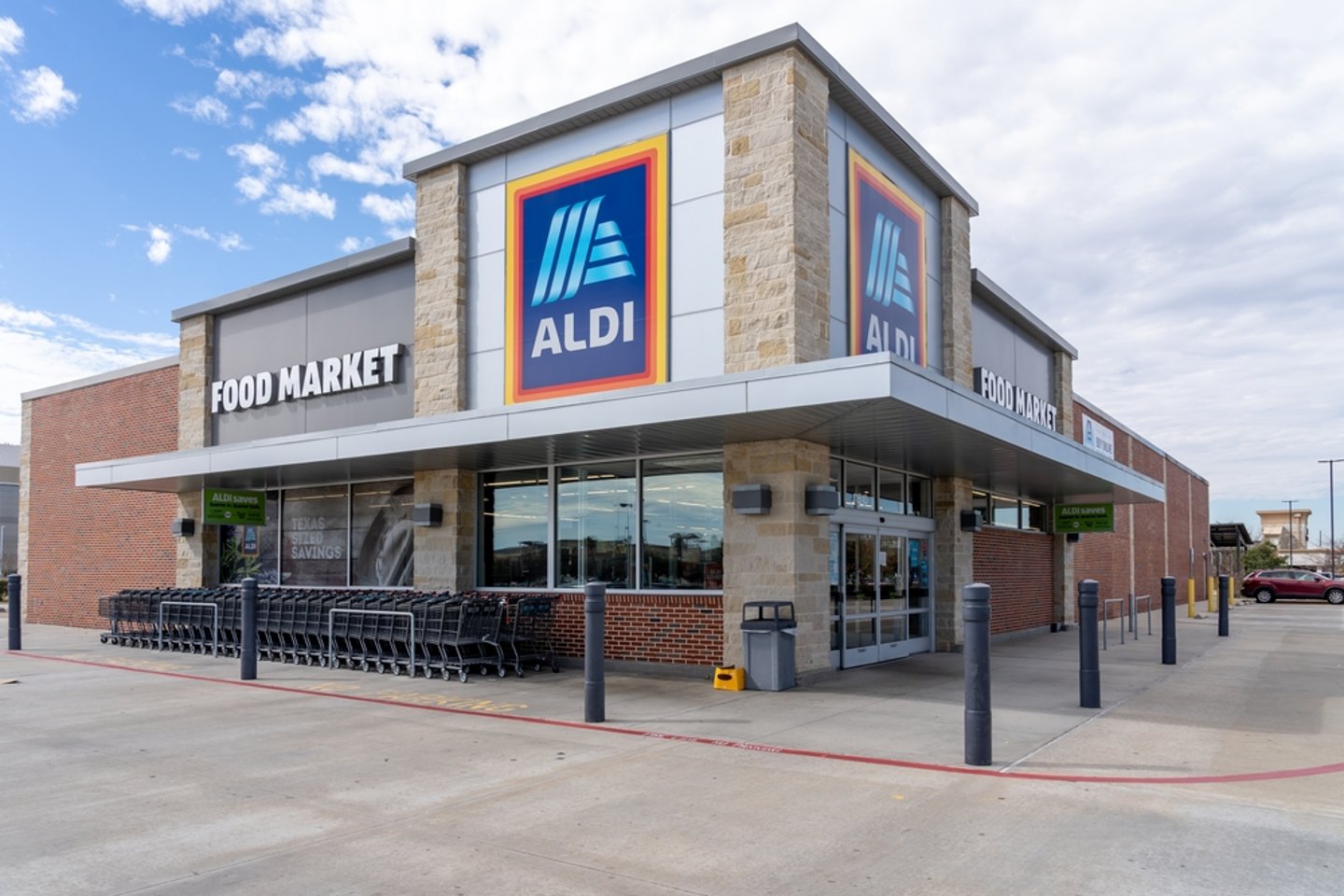Aldi Deal Strengthens Grocer’s Position in Southeast
Aldi’s acquisition of some 400 Winn-Dixie and Harveys stores from Southeastern Grocers (SEG) will accelerate the discount grocer’s growth plans while also giving the company an expanded presence in key southeastern markets.
Some nine months after reports surfaced that SEG put out the “for sale” sign on its three grocery brands – Winn-Dixie, Harveys, and Fresco y Más – two of those three will be absorbed into Aldi in the coming months.
“This transition will support our position as one of the fastest-growing grocers in the country,” an Aldi spokesperson told Store Brands. “The Southeast region is a priority market for us.”
The transaction is expected to close in the first half of 2024, subject to regulatory approval and other customary closing conditions.
No stranger to this part of the United States, Aldi established a presence in the region in the mid-1990s and since has invested more than $2.5 billion in infrastructure in the Southeast. The grocer currently operates 335 stores and four warehouses across Alabama, Florida, Georgia, Louisiana, and Mississippi with 20 locations slated to open in 2023.
Additionally, Aldi also supported its growth plans in the region with the recent opening of a new distribution center in Loxley, Ala.
While the deal grabbed the attention of the retail/grocery industry when announced, there are still many questions that will be answered in the coming months. Unknown currently is how many Winn-Dixie and Harveys locations will convert to Aldi, how many will remain as is, and if there will be any store closures.
“At this time, we are evaluating which locations will convert to the Aldi format to better support the neighborhoods we’ll now have the privilege of serving,” the spokesperson said. “For those stores we do not convert, our intention is that these continue to operate as Winn-Dixie and Harveys Supermarket stores.”
On the product side, Aldi has built its reputation on offering shoppers high-value, private brand products sold across the store under brands such as Friendly Farms, Clancy’s, L’Oven Fresh, and Welby. SEG has also had success with private brand products, and has continued to expand its assortment.
In July, SEG debuted its Know & Love private brand that includes a broad selection of products made without nearly 100 ingredients such as certified color additives, partially hydrogenated oils, high fructose corn syrup and sweeteners such as aspartame, saccharin and sucralose.
How and if Aldi will incorporate SEG private brands into its assortment will be watched in the months ahead. Also, it is unknown whether any Aldi private label products will find their way onto the shelves of Winn-Dixie and Harveys stores that are not converted.
What is clear is that consumers seeking money saving options have increased their trips to grocers such as Aldi. Statistics from Placer.ai show foot traffic at Aldi stores across the U.S. increased more than 5% through the first seven months of 2023. Foot traffic at Winn-Dixie and Harveys was down slightly over the same time period.
"Aldi's acquisition of Winn-Dixie and Harveys Supermarkets is representative of consumers' heightened focus on value,” said R.J. Hottovy, head of Analytical Research at Placer.ai. “Although food inflation has started to moderate compared to last year, lower- and middle-income consumers continue to seek out value through value-oriented grocery chains such as Aldi. In turn, this has put pressure on traditional grocery chains, where visit trends have lagged their value-oriented counterparts since early 2022.”
He noted the acquisition will greatly expand the company's presence in Florida, Alabama, and Georgia – states that have seen increases in population due to recent migration trends.


